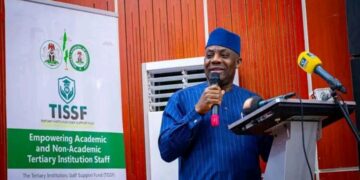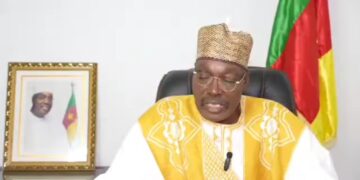![]()
The Federal Government has announced plans to review electricity tariffs for Band B and C customers, citing the need to correct disparities in billing and create a more equitable pricing system that will also encourage investment in the power sector.
Speaking on the proposed review, the Minister of Power, Adebayo Adelabu, described the current tariff arrangement as unfair, noting that Band B customers, who receive 17 to 18 hours of electricity daily, are charged N63 per kilowatt-hour, while Band A customers, who get just two extra hours of power, pay a significantly higher rate of N209 per kilowatt-hour.
“This disparity is unfair and needs to be addressed. The aim is to ensure that electricity consumers are billed appropriately for the supply they receive while maintaining a structure that attracts investment into the sector,” Adelabu stated.
Under Nigeria’s service-based tariff system, electricity consumers are categorized into bands based on the number of hours they receive power daily:
Band A: 20 hours or more
Band B: 16 to 20 hours
Band C: 12 to 16 hours
Band D: 8 to 12 hours
Band E: 4 to 8 hours
This classification was introduced to align tariffs with service quality, ensuring that those with better electricity supply pay higher rates.
Despite the structure, there have been complaints from consumer advocacy groups and labor unions. In January 2025, Nigeria Labour Congress (NLC) President, Joe Ajaero, criticized the migration of customers between bands, calling it:
“The highest level of 419.”
He expressed concerns that the criteria for band classification could lead to unfair discrimination among electricity users, particularly as some consumers have reported inconsistencies in power supply despite being categorized under higher bands.
Despite previous tariff adjustments, the government continues to subsidize electricity costs. In April 2024, Minister Adelabu disclosed that even after the increase in Band A tariffs, the government still covered about 67% of electricity production, transmission, and distribution costs, amounting to approximately N1.8 trillion in subsidies for that year.
With the proposed tariff review, the government aims to strike a balance between fair pricing and sustainable electricity supply, ensuring that customers in different bands are charged appropriately based on actual power received.
More details on the tariff adjustments are expected in the coming weeks.

























